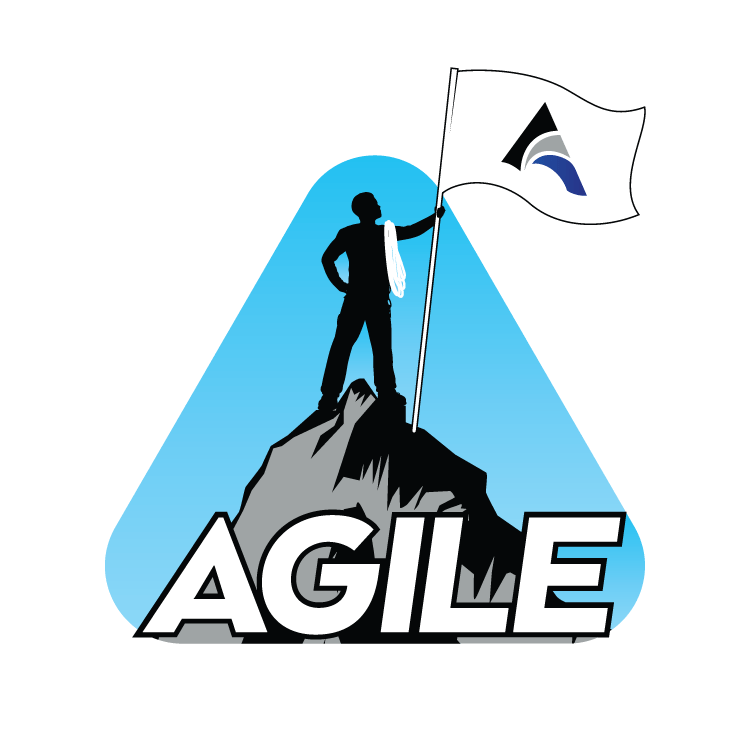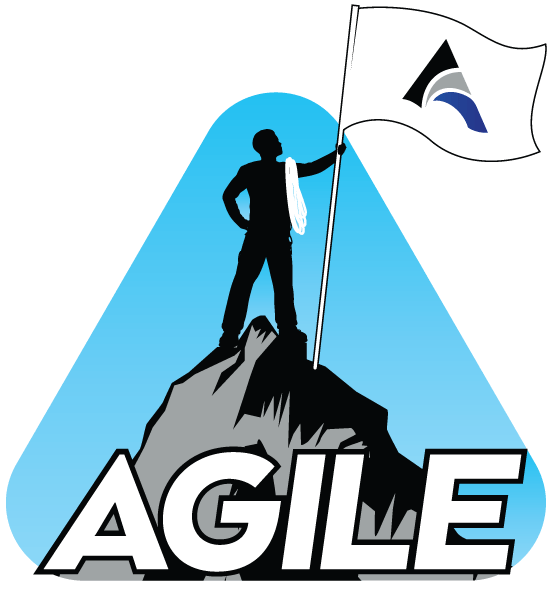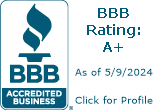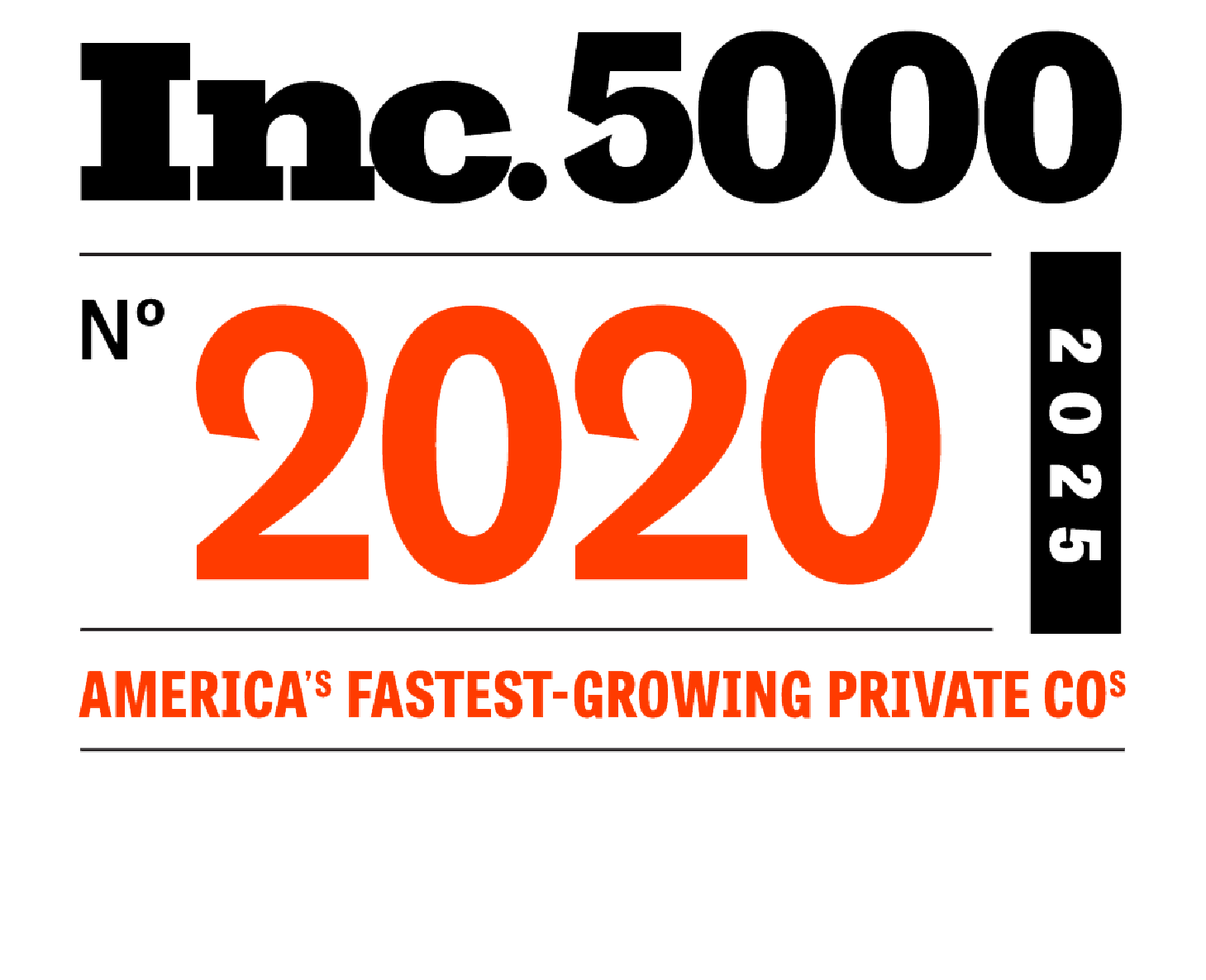Wisconsin Sales Tax on Software and Digital Products
Wisconsin applies sales and use tax to a broad range of software, cloud services, and related digital products. Unlike states with more nuanced classifications, Wisconsin often includes both permanent and temporary software access under its taxable category. However, exceptions do exist, particularly for cloud-based models like SaaS and PaaS when properly structured. Understanding how these rules apply to your business’s software offerings can help
avoid costly tax liabilities and strengthen compliance practices.
Page - Table of Contents
Taxability of Software in California
- Prewritten Software
- Custom Software
Cloud-Based Services in California
- Software as a Service (SaaS)
- Platform as a Service (PaaS)
Implementation & Installation Services
- Onsite
- Remote - Live
- Remote - Pre-recorded
- Optional
- Mandatory
Exemptions and Special Considerations in California
Compliance Tips for Businesses
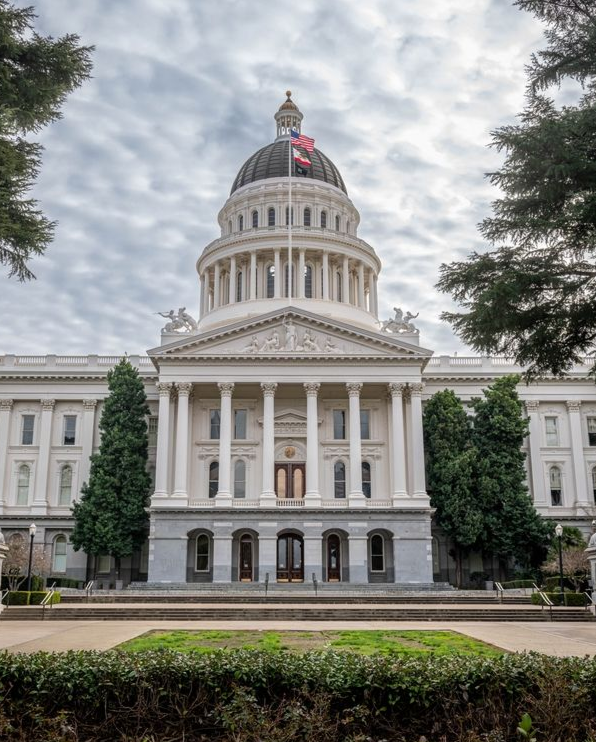
Taxability of Software in Wisconsin
Wisconsin’s treatment of software depends on whether it is prewritten or custom. Each category follows distinct rules based on how the software is delivered, who has control, and whether additional services are involved.
Prewritten Software
Prewritten software is taxable in Wisconsin regardless of how it is delivered. This includes software provided by download, physical media, or remote access if the user interacts with the software or exercises control over it. Charges for installation of prewritten software are also taxable.
Custom Software
Custom software may be exempt if it meets specific criteria. Maintenance agreements for custom software are not subject to sales tax when they are clearly separated from taxable goods or services. To qualify, development must involve genuine customization rather than reselling prewritten code.
Wisconsin Cloud-Based Services
Wisconsin generally excludes certain cloud-based service models from sales and use tax when software is accessed remotely and no code is transferred or controlled by the customer.
Software as a Service (SaaS)
SaaS is not taxable in Wisconsin when:
- The software is hosted on the provider’s servers
- The customer does not download or control the software
- No tangible personal property is involved in the transaction
This guidance aligns with Wisconsin’s policy that charges for access to prewritten software on a seller’s server are not taxable if the buyer has no server access or control.
Platform as a Service (PaaS)
PaaS follows the same logic. When users do not receive or control software code and access it remotely through a hosted environment, the charges are not subject to Wisconsin sales tax.
Hardware & Tangible Items
Sales of tangible personal property, such as computers, networking gear, and peripherals, are taxable in Wisconsin. A
manufacturing exemption may apply when these items are used directly in the production process. Businesses claiming this exemption must retain valid certificates and clearly document the usage.
Implementation & Installation Services
Sales of tangible personal property are generally subject to Wisconsin sales and use tax. This includes standard IT equipment commonly used across industries:
- Computers, servers, and workstations used for business operations
- Networking hardware, including routers, switches, and modems
- Peripherals and accessories, such as printers, scanners, and external drives
A manufacturing exemption may apply when this equipment is used directly in the production process. To claim this exemption, businesses must maintain proper documentation and valid exemption certificates to support their tax position.
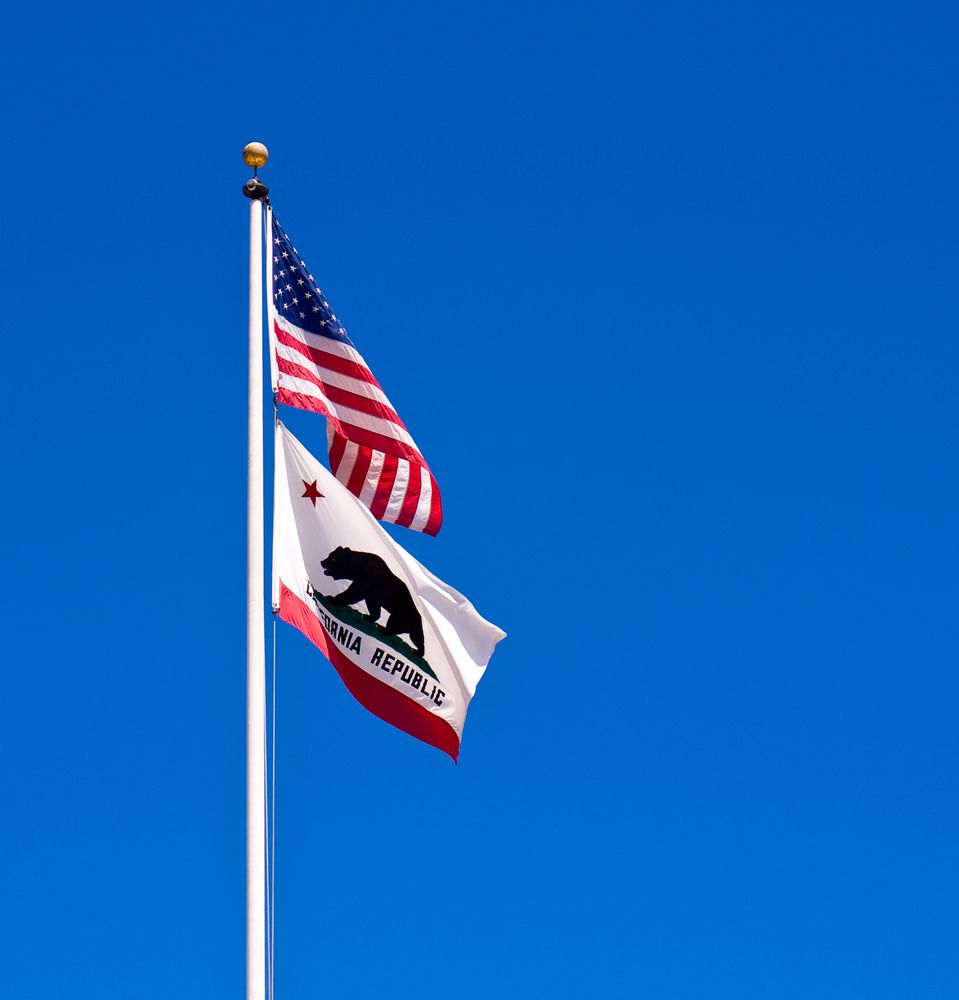
Training Services
Training is typically exempt from sales tax in Wisconsin if it is optional and invoiced separately. However, if training is required to complete the software sale, tax may apply.
Onsite
Onsite training is exempt if it is optional and separately stated. If bundled with software or required to use the software, it becomes taxable.
Remote - Live
Live remote training is treated the same as onsite. If it is not required and is listed as a separate line item, it remains exempt.
Remote - Pre-recorded
Pre-recorded training delivered digitally may be taxed as a digital product unless it qualifies for an exemption. The exemption applies if there is no equivalent tangible good or the use is not essential for software deployment.
Maintenance Agreements
Maintenance agreements are treated based on the software type and delivery format.
Optional
Optional maintenance agreements for custom software are not taxable if they only involve support services like troubleshooting, helpdesk access, or technical assistance. These must be clearly separated on invoices to maintain their exempt status.
Mandatory
Mandatory maintenance agreements tied to prewritten or custom software are taxable in Wisconsin. This includes contracts that bundle updates or deliverables with ongoing support, even when delivered electronically.
Quick Glance - Wisconsin Sales & Use Tax Treatment for Software and Digital Products
Get the Wisconsin taxability table download here, for free.
| Item/Service | Taxability | Notes |
|---|---|---|
| Digital Audio Visual Works | Taxable | Sales of digital audio visual works for permanent or temporary use are subject to tax. This applies to specified and additional digital goods unless their tangible equivalents are exempt. Wis. Tax Publication No. 240 (Dept. of Revenue Jan. 1, 2025) |
| Software as a Service (SaaS) | Non-Taxable | SaaS is not taxable if the software is hosted on the seller's servers and the buyer does not have control or access to the infrastructure. Sales and Use Tax Treatment - Computer Hardware, Software, Services, Wis. Dept. Rev., 02/20/2020 |
| Platform as a Service (PaaS) | Non-Taxable | PaaS follows the same treatment as SaaS. Remote access without control or possession of the software or server is considered non-taxable. Sales and Use Tax Treatment - Computer Hardware, Software, Services, Wis. Dept. Rev., 02/20/2020 |
| Prewritten Software Installation | Taxable | Charges for installing prewritten software are subject to sales and use tax. Sales and Use Tax Treatment - Computer Hardware, Software, Services, Wis. Dept. Rev., 02/20/2020 |
| Hardware & Tangible Personal Property | Taxable | Sales of hardware such as computers are taxable. A manufacturing exemption may apply when the equipment is used directly in the production process. Wis. Stat. sec. 77.52 |
| Onsite Training | Non-Taxable if Stated Separately | Training is not taxable when it is optional and separately stated on the invoice. If bundled or required for software use, tax may apply. Wis. Common Questions: Sales and Use Tax Treatment Computer - Hardware, Software, Services (Dept. of Revenue Nov. 24, 2021) |
| Remote Live Training | Non-Taxable if Stated Separately | Live virtual training is exempt when invoiced separately and not required as part of the taxable software. Wis. Common Questions: Sales and Use Tax Treatment Computer - Hardware, Software, Services (Dept. of Revenue Nov. 24, 2021) |
| Pre-recorded Training | Non-Taxable if Stated Separately | Pre-recorded training may be taxable if bundled with software or required for its use. When optional and separately stated, it is not taxable. Wis. Common Questions: Sales and Use Tax Treatment Computer - Hardware, Software, Services (Dept. of Revenue Nov. 24, 2021) |
| Mandatory Maintenance (Prewritten & Custom) | Taxable | Mandatory software maintenance contracts related to either prewritten or custom software are taxable regardless of delivery method. West Virginia Taxability Matrix: Library of Definitions |
| Optional Maintenance | Non-Taxable | Agreements tied to custom software or limited to support services are not subject to tax. [Ill. Admin. Code tit. 86, pt. 130.1935] |
Exemptions and Special Considerations in Wisconsin
Wisconsin’s exemptions are limited but important. The state allows:
- A manufacturing exemption for hardware and software used directly in production
- A digital goods exemption if the tangible version of the product is also exempt
- Exemptions for custom software maintenance when billed separately and structured correctly
Proper documentation, invoicing, and certificate tracking are essential for businesses seeking to apply these exemptions.


Compliance Tips for Businesses
Businesses selling or using software in Wisconsin should:
- Clearly separate software, service, and training charges on invoices
- Maintain documentation showing that software was not transferred or controlled by the buyer
- Apply exemption certificates accurately and retain them for audit defense
- Stay updated on Department of Revenue publications and tax code changes
- Review contracts periodically to ensure tax terms remain compliant
Key Takeaways
Wisconsin’s sales and use tax rules impose tax on most prewritten software, digital goods, and tangible hardware. However, businesses can reduce their tax exposure by adopting non-taxable software delivery models and structuring transactions with clarity and separation.
Prewritten software and any related installation services are taxable, especially when delivered electronically or on physical media. If these services are optional and separately stated on the invoice, they may be excluded from the taxable base. In contrast, Software as a Service (SaaS) and Platform as a Service (PaaS) are generally not taxable when the customer accesses the software remotely and does not receive control over the infrastructure or code.
Custom software development and optional support services are also exempt when properly documented and invoiced. These exemptions rely heavily on the distinction between custom-built functionality and simple configuration or branding. Training services—whether delivered onsite or remotely—are typically non-taxable, provided they are not mandatory or bundled with taxable software.
Maintenance agreements are taxable when they are mandatory or bundled with tangible software deliverables. However, optional maintenance contracts that include only support services and are separately stated may qualify for exemption. Careful attention to invoice detail and contract language is essential to preserve these favorable tax treatments.
Need Help Navigating California Software and SaaS Sales Tax?
Agile Consulting Group helps businesses navigate software sales tax and SaaS sales tax in Wisconsin. From prewritten code and custom deployments to remote access services and bundled support, we help structure contracts and invoice terms to reduce tax exposure and ensure compliance.
